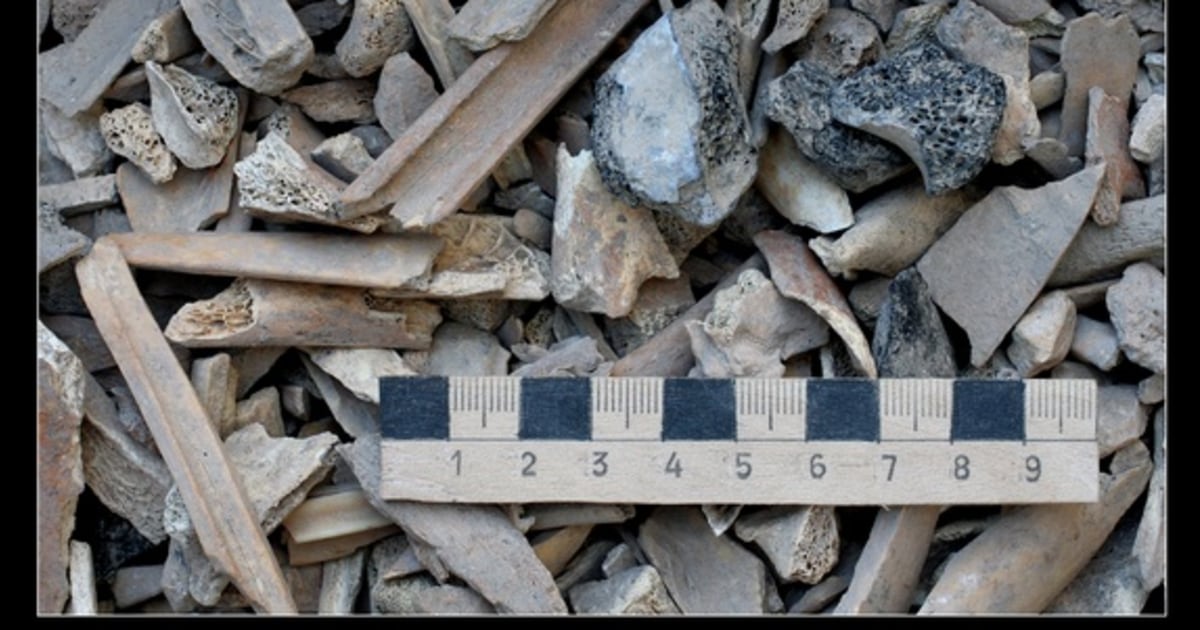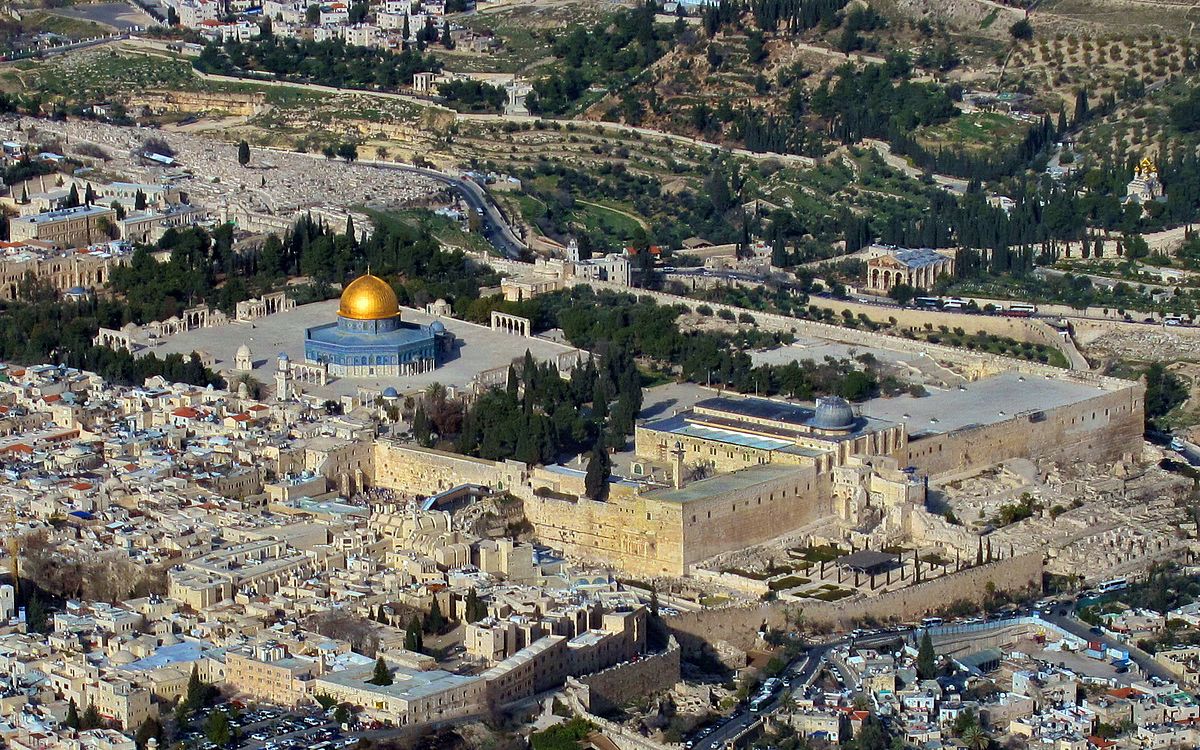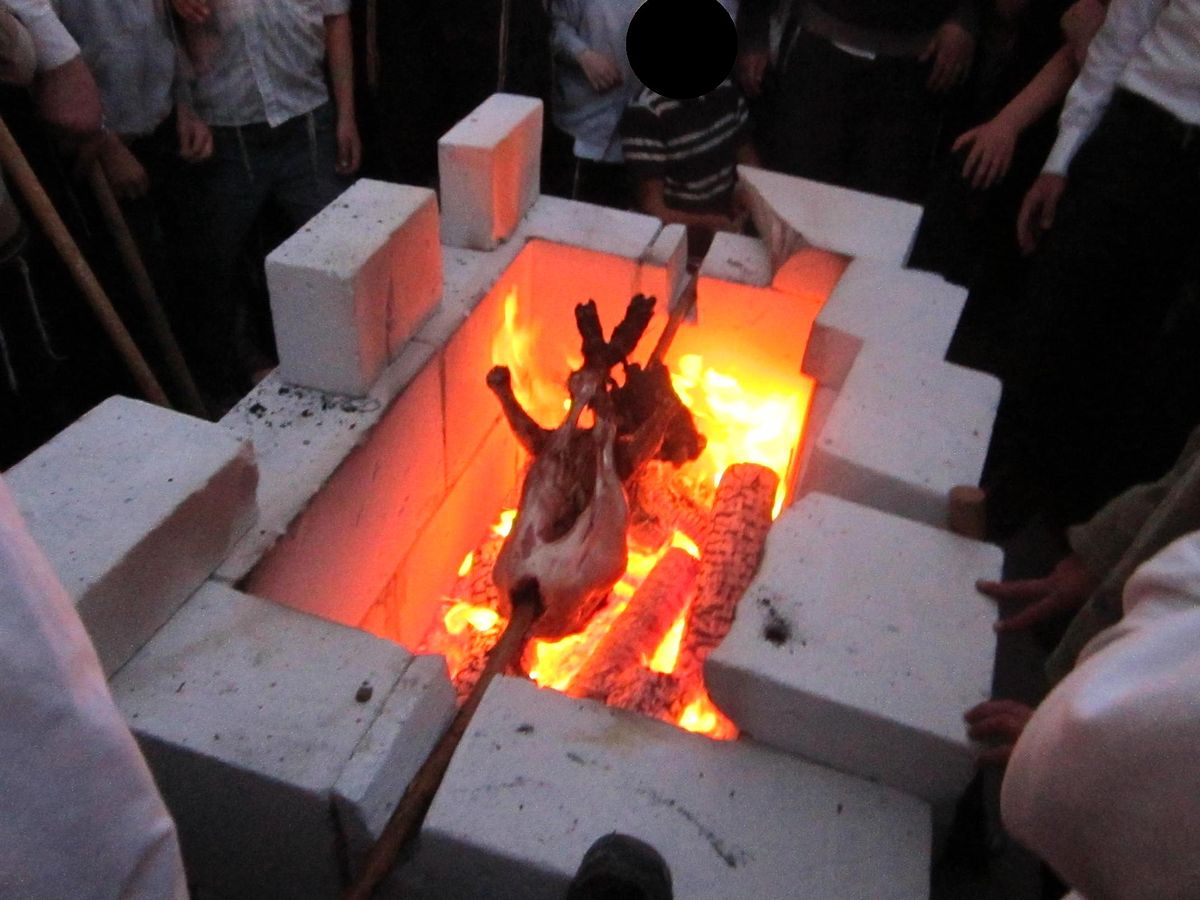juantoo3
Well-Known Member
Just throwing a few talking points out there from a quick search. I don't know if I agree with everything, but on the whole it's a lot better than I could do on the fly.
I meant that giving thanks for what we eat, or slaughtering by religious tradition is not the same thing as sacrifice, whereas fasting is, imoThe Native American teaching as I understand...life requires life. Always grateful, first to G!d, then to the animal that gave for my sustenance.
You cannot sustain your physical well being on non-living matter. I could quibble with myself on the matter as I believe even the minerals / rocks are alive, but at a much slower rate than we are. But we cannot sustain our bodies on a mineral diet.
You could go frugivore. I recommend you start slowly, particularly if your diet has primarily been processed foods and fast foods. Vegetables, but growing a garden is a challenge, it isn't a simple task, it does require certain knowledge and a good bit of elbow grease. And a lot of repetition dragging a hose. The only way you will be able to guarantee what is on your veggies is if you grow it yourself...can't tell what you might find in the store. As a consumer you trust the persons selling the veggies to the store, but really no way to tell what your food may have been treated with.
That's about as close as you can hope to get, and probably why a good many people are vegan / vegetarian. And there's Eastern and other religious outlooks that encourage vegetarianism. If you're American, get used to Tofurkey come Thanksgiving.
Not to belabor the point, but meat - flesh - is nutrient dense. It is the preferred foodstuff of a considerable part of nature. Lions, Tigers...I think Bears are more omnivore...and others at the top of the food chain consume flesh. And it doesn't come prepacked on white plastic trays covered in cellophane.
That's nature too.
A time to every purpose, under Heaven.
Likewise, there is such as too much of a good thing.
I see it in a lot more simpler terms..Why Sacrifice?
The sacrificial service was not primarily about the physical act of slaughtering an animal; it was principally a spiritual service. On a basic level, if the sacrifice was being brought to atone for some inadvertent sin, one had to feel remorse over what had happened.21 To assist in reaching true repentance, he would bear in mind that what was being done to the animal essentially should have occurred to him.22
Another way of understanding sacrifices is that the animal one brings as an offering to G‑d is symbolic of our own inner animal, our instincts and primal desires that we must bring into alignment with G‑d’s will. We surrender that part of us to G‑d and make it submissive to Him, so that it too may seek to do His will.23
From the perspective of Kabbalah, the sacrifices were a way of elevating the matter and vitality of this world to a higher plane. In addition to elevating the various layers of the human soul, sacrifices in the Temple also elevated the actual animal being offered, thereby elevating the entire animal kingdom.24
ibid
Agreed, however, the sacrificial animal is not put on the alter to be burned alive. There are religious, Biblical proscriptions of how the animal is to be mercifully dispatched. Gauging by Halal, I would be inclined to think there are similar proscriptions in Islam....slaughtering by religious tradition is not the same thing as sacrifice,
All I can offer, knowing it will not suffice, is an idea of 'recapitulation' found in St Paul and unpacked theologically by Irenaeus, among the very early Fathers and for many the source of all later theories of salvation.I think everyone has heard that, Christian or not, but study as I might, I can't make sense of it.
I think that's a tad unfair ... not everyone is a theologian.Yes.
Why would they not be?
This the author of Hebrews and St Paul saw Christ as surpassing. Sacrifice in the Old Testament 'covers' the sin, it does not remove it.There were two mandatory sacrifices in the Old Testament Law. The first was the sin offering. The purpose of the sin offering was to atone for sin and cleanse from defilement.


There would be no need for gratuitous cruelty or brutality? God didn't demand cruelty to the innocentAgreed, however, the sacrificial animal is not put on the alter to be burned alive. There are religious, Biblical proscriptions of how the animal is to be mercifully dispatched. Gauging by Halal, I would be inclined to think there are similar proscriptions in Islam.
It gets better...Yikes...learning is wild.



So does Christ pull double duty?This the author of Hebrews and St Paul saw Christ as surpassing. Sacrifice in the Old Testament 'covers' the sin, it does not remove it.
Christ's self-sacrifice was a one-time event that does just that. He was not the Lamb which we offer, He is the Lamb of God, "behold him who taketh away the sin of the world." (John 1:29, quoting John the Baptist.)
Sacrifice is universal. The Biblical record is an example, if not an exemplar of the idea (at least from a monotheist perspective).
At its most brutal and basic, it's a trade-off – I give you this, you leave me alone.
It takes on a spiritual sense in the religious traditions, but I think juantoo3 touches on something when he offers the view of the Kabbalah, that which is offered in sacrifice is going to a higher place, a higher plane. The violence done is no match for the reward.
The idea of Perseus and Andromeda, of noble Knights and damsels in Distress etc all play on the theme – although the latter is influenced by the Biblical notion of the woman and the serpent ...
It's deep in the human psyche.
Maybe He recasts the whole notion of Sacrifice?So does Christ pull double duty?
He is Paschal Lamb, He is also High Priest ... He encompasses the entirety of the offering within Himself, and He institutes the continuance of it in the Eucharist.This thread began with the general, if vague, agreement that Jesus was the "Paschal Lamb." The Paschal sacrifice was once a year.
The Sacrament of Reconciliation, or as we used to say, Confession?The Sin Offering was as needed.
That's one of my readings of the Rending of the Veil.Then too, all Offerings were discontinued with the destruction of the Temple, so perhaps Christ now covers all of the various sacrificial functions...
There was baptism? At what point paedobaptism became the norm is uncertain. Some believe very early, reading baptism of the "household" as mentioned in Scripture to include children. Certainly the custom by the late 2nd century.although I don't recall any Christian focus on sacrifice for a firstborn child.

-and-The Lord spoke to Moses in the wilderness of Sinai, on the first new moon of the second year following the exodus from the land of Egypt, saying: Let the Israelite people offer the passover sacrifice at its set time: you shall offer it on the fourteenth day of this month, at twilight, at its set time; you shall offer it in accordance with all its rites and rules
— Num. 9:1–3, JPS translation"
But the fact that they built a tower to the sky pretty much tells us where they thought G!d was eh? And how to gain and control access?It gets better...
"The exact location of the Temple is a contentious
I think you are mixing metaphors...the Temple in no way whatsoever equated with the Tower of BabelBut the fact that they built a tower to the sky pretty much tells us where they thought G!d was eh? And how to gain and control access?
Telescopes and space travel were big disappointments and a new paradigm was required....like the magician...not here, look over there.
I think I was responding to your having said "can they be blamed for not questioning it?"I think that's a tad unfair ... not everyone is a theologian.
The source of the ransom theory, the Christus Victor, Penal Substitution etc?All I can offer, knowing it will not suffice, is an idea of 'recapitulation' found in St Paul and unpacked theologically by Irenaeus, among the very early Fathers and for many the source of all later theories of salvation.
I appreciate the Noahide movement.The Noahide laws forbid tearing flesh from a living animal.
The 7 Laws of Noah
